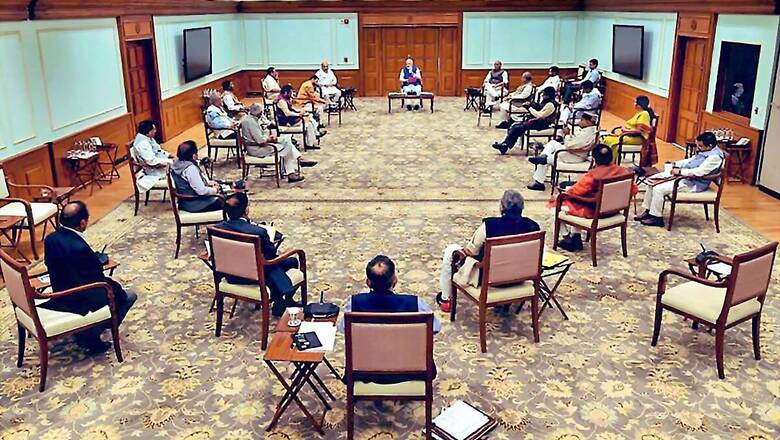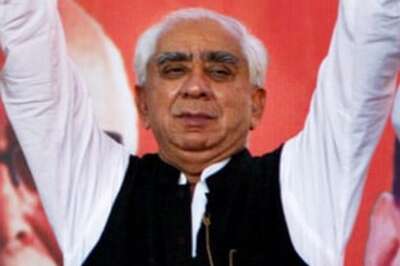
views
The Union Cabinet has approved an increase in minimum support price (MSP) for Rabi crops for the 2021-22 season, agriculture minister Narendra Singh Tomar announced in the Lok Sabha on Monday, in a move aimed at placating angry farmers who fear the recently passed farm bills will end the MSP support.
The MSP hike ranges from Rs 50 to Rs 300, Tomar said, announcing the decision taken at a Union Cabinet meeting earlier in the day. While the MSP for wheat goes up by Rs 50, chana will fetch Rs 250 more and masoor Rs 300 more. The MSP for mustard has been hiked by Rs 225.
Here’s a look at the revised MSP for Rabi crops:
Masoor – Rs 5,100 per quintal
Mustard – Rs 4,650 per quintal
Safflower – Rs 5,327 per quintal
Wheat – Rs 1975 per quintal
Barley – Rs 1,600 per quintal
The decision comes a day after the two contentious bills – Farmers’ Produce Trade and Commerce (Promotion and Facilitation) Bill, 2020, and Farmers (Empowerment and Protection) Agreement on Price Assurance and Farm Services Bill, 2020 — were passed amid unprecedented opposition protests in the Rajya Sabha.
Latest from #Parliament: Agriculture Minister says Govt procurement through MSP will continue.#Rabi MSP increased by Rs 50-300 per quintal.#MSP Hikes approved:Wheat MSP Rs 50Chana Rs 250Masoor Rs 300Mustard Rs 225 pic.twitter.com/2ar4PkKTUc— CNBC-TV18 (@CNBCTV18Live) September 21, 2020
Hundreds of farmer unions across Punjab and Haryana have called for multiple protests in the coming days, including a total shutdown on September 25, against the two agriculture bills.
The government says the two bills will make it easier for farmers to sell their produce directly to big buyers. Prime Minister Narendra Modi has said the new laws will reform antiquated laws and remove middlemen from agriculture trade, allowing farmers to sell to institutional buyers and large retailers like Walmart. The bills also make contract farming easier by providing a new set of rules.
But the opposition and BJP ally Akali Dal, whose leader Harsimrat Kaur quit the cabinet last week, has called the bills “anti-farmer”, and the opposition parties have said farmers’ bargaining power will be diminished by allowing retailers to have tighter control over them.




















Comments
0 comment